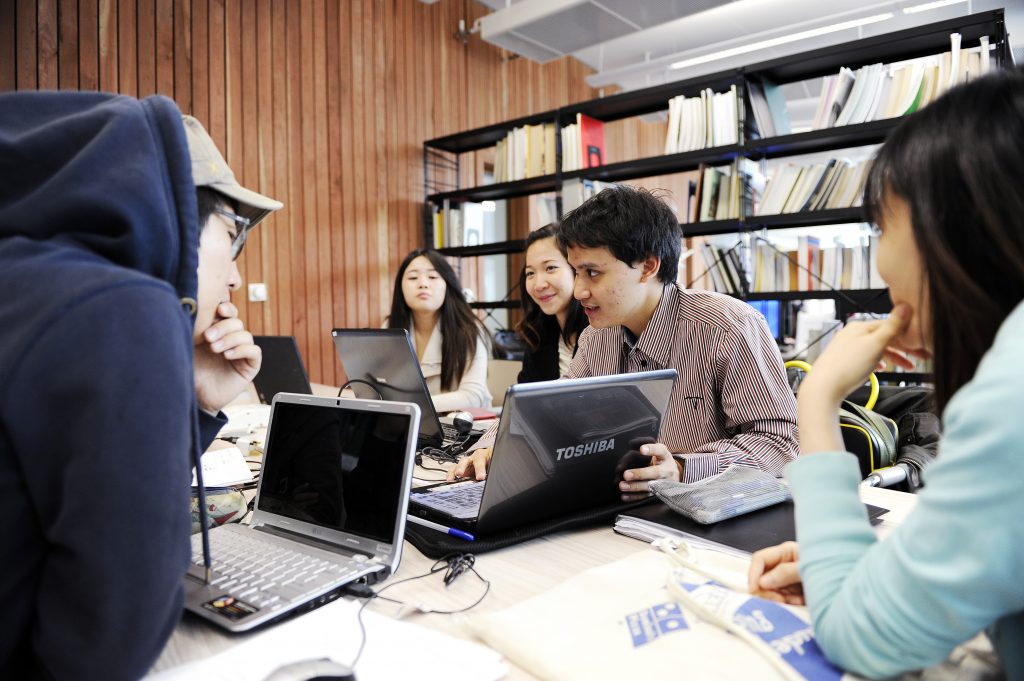7 ways on how to get good grades
Studying abroad is a wonderful opportunity to meet new friends and explore a completely different country.
However, don’t forget you will have to study in order to get the most out of the experience!
It can be difficult to adjust to a new style of teaching so, here are our top tips on how to get good grades…
1. Take notes
Nobody can remember everything that’s said in a lecture! Even if you can view a Powerpoint or recording online, it’s a good idea to take handwritten notes in order to help your brain remember the new information.
At the end of the week, review your notes by highlighting key points and file them away for revision week.

2. Ask questions
There’s no such thing as a stupid question!
Your teachers will be happy that you’re interested in what you’re learning. Most will even have dedicated hours where you can go and talk to them about any topics you’re finding difficult.
You might even ask a question on a topic that your classmates were also struggling with, so everybody will benefit!

3. Make a study timetable
If you find that some days you study for hours on end, but other days you don’t even look at your books, then you might need to create a schedule and stick to it.
Make sure your study timetable is realistic, leaving time for fun with friends, eating and sleeping.
Don’t work for longer than 90 minutes without taking a 10-minute break. It may be difficult at first, but eventually studying will become part of your routine.

4. Use resources to get good grades
If you are learning about a particular topic that interests you, why not take advantage of your campus library and online resources?
Research will become an important aspect of your time as a university student, so it’s good to become familiar with how to find good sources early on.

5. Attend all your classes
Try your best to attend all your classes and lectures. Missing even one class can leave you playing catch up for weeks.
If you have a problem that’s stopping you from attending classes, talk to your Student Services Coordinator as soon as possible.

6. Start a study group
If you find it difficult or boring to study alone, whether at home or in the centre, it might be a good idea to find a small group of friends to study with.
You’ll be able to ask each other questions, listen to study playlists and take breaks to talk about other things.
You’ll be less tempted to be distracted by social media if you’re not studying alone!

7. Don’t forget to relax
Take time out to find a hobby you love, explore the city you’re living in or just chill out and watch a movie.
You’ll find it easier to learn during the week if you’ve relaxed over the weekend.

You may also like to read: combat stress and become a master of revision or Hira’s 9 secrets to successful university study.
If you would like to find out more about INTO Study and how we can help you achieve your dreams of studying abroad, discover more on the INTO Study website.
Let’s be friends! Why not connect with other students on Facebook, Instagram, Twitter and YouTube.



